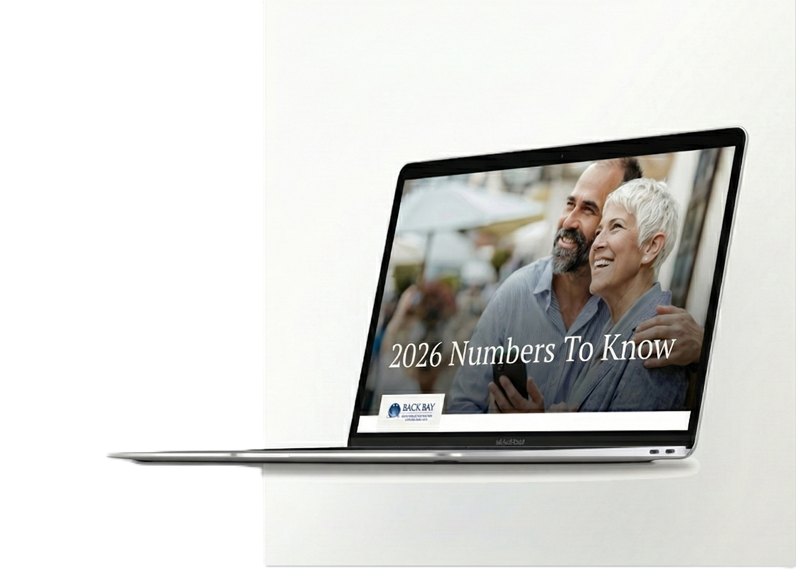In today’s information age, you can Google or ask ChatGPT about almost anything in seconds—what used to take hours or even days to research. Yet, when it comes to financial services and working with a financial advisor, many clients still feel in the dark about fundamental but crucial aspects of the relationship.
Key Takeaways
- Understand if your advisor is a true fiduciary in simple terms
- Know how your money is going to be managed and what to expect, when
- How do you get paid? Plain and simple.
- Can you show me what deliverables I’ll receive from you?
- How many families do you work with? How many can you handle?
Here are five key questions you should ask to ensure you’re making informed decisions with your advisor.
1. Are You a Fiduciary? Is There a Fiduciary Oath in Our Advisory Agreement?
This should be a straightforward question, but in reality, it’s not. The financial industry has multiple conduct standards, which makes things confusing. Some fee arrangements legally enforce a fiduciary standard, while others do not.
By the time you realize your advisor isn’t acting in your best interest, it may already be too late—you could find out through a forced arbitration or a courtroom battle. A fiduciary oath should be clearly stated in your advisory contract, in plain English, without excessive legal jargon designed to work against you. This language often hides conflicts of interest that could impact your financial well-being.
Make sure you get a direct answer and that it’s written in your agreement in a way you understand.
You can read our advisory agreement here.
2. What Is Your Investment Philosophy? What Is It Based On?
You shouldn’t have to vet every single investment in your portfolio—that’s why you hire a financial advisor. But it’s important to understand the reasoning behind your advisor’s investment approach.
Experience alone isn’t enough. As Mark Twain said, “History doesn’t repeat itself, but it does rhyme.” Financial markets follow patterns, and we look to the past to shape expectations for the future. A sound investment philosophy should be backed by evidence and a clear rationale for why it may or may not change over time.
Want to learn more? Read about our core investment beliefs here.
3. How Do You Get Paid?
This should also be simple, but the financial industry has a way of making it complicated. There are countless “soft-dollar” benefits and hidden arrangements that may not be immediately obvious.
For example, some advisors receive awards or incentive trips based on sales performance. Who’s actually paying for those trips? You might be—through the products and funds recommended to you. Investment companies also sponsor events and perks for advisors. Could that influence what ends up in your portfolio? It’s worth asking.
To get clarity, review your advisor’s ADV Part 2 and ask directly about any potential conflicts of interest. The answers may surprise you. This doesn’t mean every recommendation is biased, but it’s fair to understand whether these incentives impact your investments or the quality of advice you’re receiving.
4. What Deliverables Will I Receive From Your Firm?
When working with a CERTIFIED FINANCIAL PLANNER™, every client relationship should start with a defined scope of services—outlining exactly what you’ll receive and when.
For example, we provide clients with an annual financial plan update and an annual tax report & letter for your tax professional. These are just a starting point; additional reports and updates will depend on your personal circumstances and life events.
A simple portfolio performance printout isn’t real financial advice. How often will your advisor review different parts of your plan? Do you have to remember to update them, or will they proactively check in with you? Staying ahead of changes is almost always the best way to reach your financial goals.
5. How Many Clients Do You Work With, and What Is Your Capacity?
This question is crucial to ensuring you receive quality advice. A well-known concept called Dunbar’s Number suggests that people can only maintain about 150 meaningful relationships. In financial planning, this is often used as a rough capacity limit for an advisor.
We currently work with approximately 80 families. Once we approach Dunbar’s threshold, we’ll only grow by adding professional help—because beyond a certain point, service quality tends to decline. We’ve seen this happen in the industry, and we’re committed to avoiding it.
Your advisor should have a plan in place to ensure they don’t become overloaded—so that you continue receiving high-quality, personalized advice.
Recommended Links for Financial Advisor Interviews:
- NAPFA – How To Find an Advisor
- CFP Board – 10 Questions to Ask Your Financial Advisor
- Investopedia – 6 Questions to Ask Your Financial Advisor
- Morningstar – 5 Questions to Ask Your Financial Advisor
And if you still need help:
Don’t forget we offer a free Retirement Review. We’re glad to sit and answer all of these questions and more. You can jump here to schedule yours.

